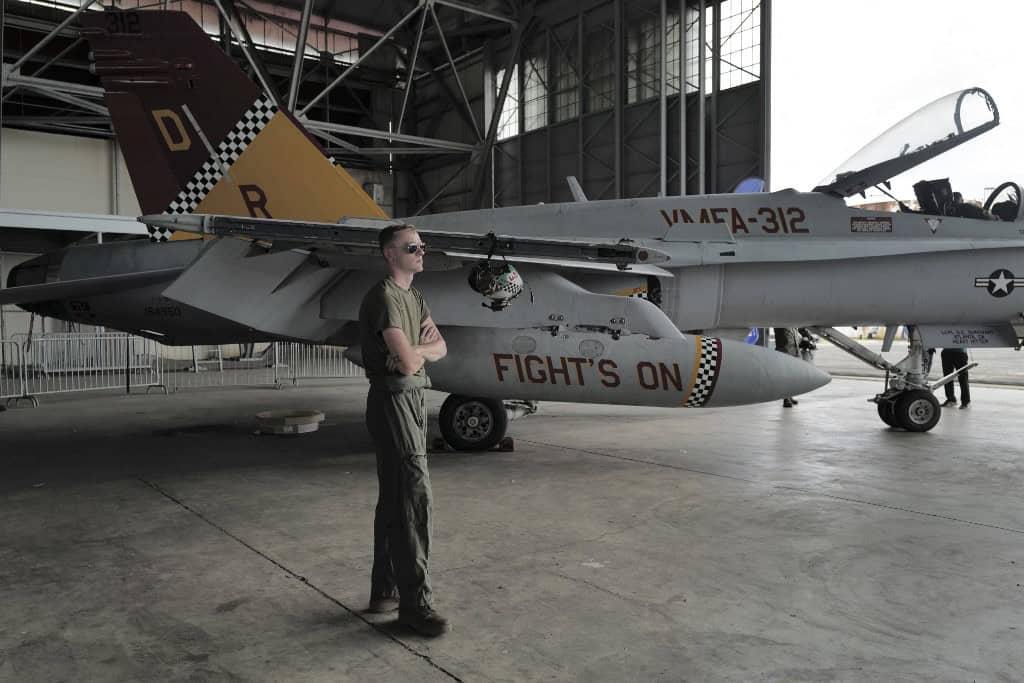US forces teamed up with Panamanian police for fresh military drills focused on safeguarding the Panama Canal, starting amid ongoing debates about foreign influence on this key trade path. Three US Army helicopters touched down in Panama on Sunday at the National Aeronaval Service base in Arraiján, near Panama City. The lineup included two UH-60 Black Hawks and one CH-47 Chinook, landing at Panama Pacifico Airport, which used to house the old US Howard Air Force Base.
Senan Deputy Commissioner Michael Palacios explained the goal: “This exercise prepares our forces and those from other regional countries to handle any threats to the Panama Canal’s security and defense.” He noted it’s a bilateral effort with the US Southern Command.
The drills, running through Friday, cover embarkation and disembarkation moves, fast rope insertions, rescue missions, and communication setups across different parts of the country. They fall under Panamax Alfa 2025 Phase I and involve Joint Task Force Bravo. A similar round happened a month back, tied to a bilateral deal inked in April. That memo lets the US tap Panamanian air and naval bases for training over a renewable three-year stretch.
The agreement came amid pressure from former President Trump, who has pushed claims of Chinese sway over the canal and even floated retaking it. This has stirred protests in Panama, where US military involvement hits a nerve due to past history. The US ran bases there until handing the canal back on December 31, 1999.
Still, joint exercises with the US and other Latin American nations have popped up in recent years. Senan stressed these latest ones honor Panama’s sovereignty. “We’ve run this exercise for 23 years,” Palacios said. Reports from Panama highlight operations in bases across Panama, Colón, and Darién provinces. Costa Rican outlets noted the arrival of the helicopters and the focus on countering hybrid threats to critical spots like the canal.
The exercises aim to boost readiness without shifting control dynamics. As the week unfolds, participants will practice in real scenarios to strengthen ties and response skills. Officials from both sides see it as a step to maintain stability in the region.






